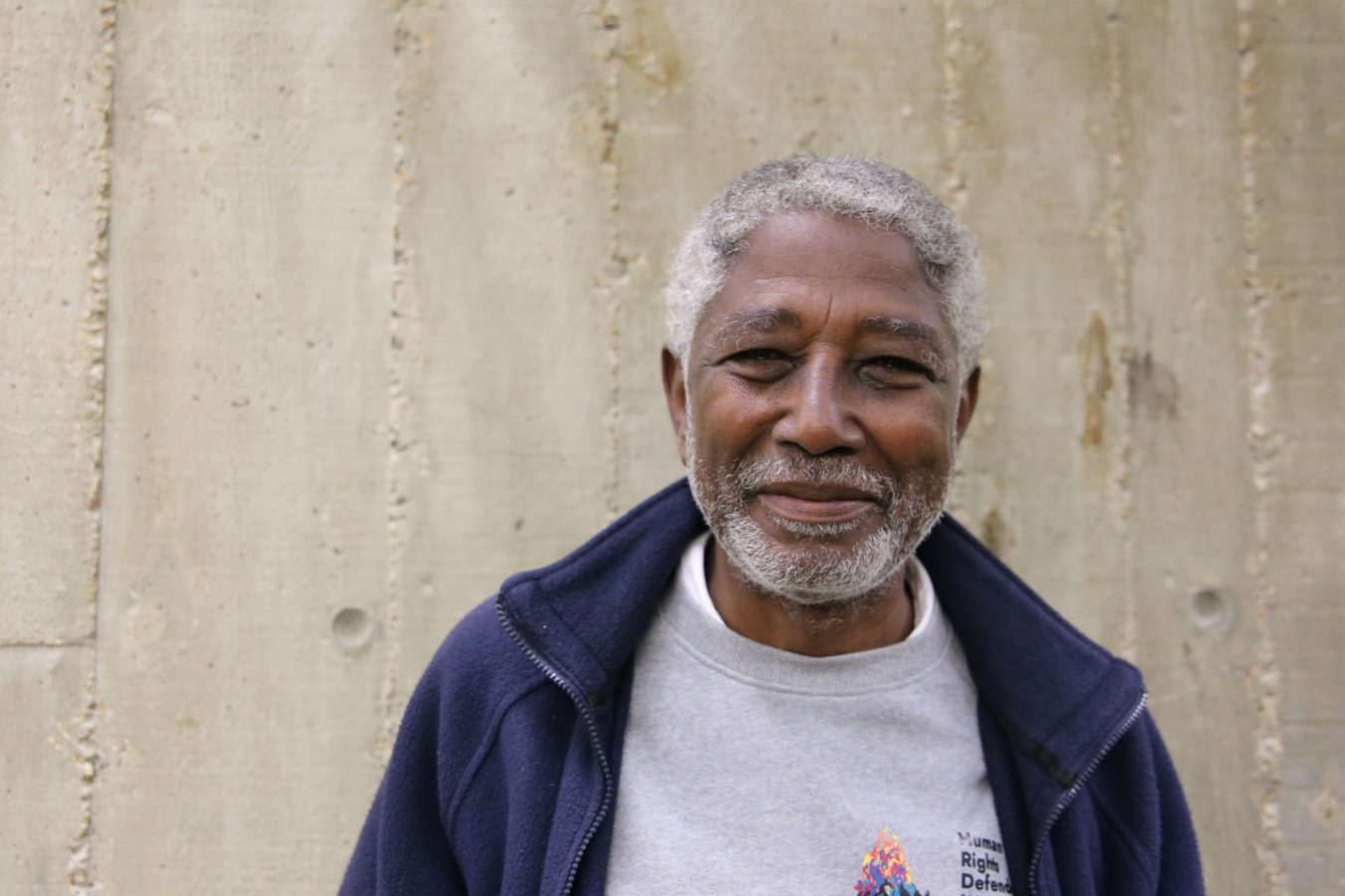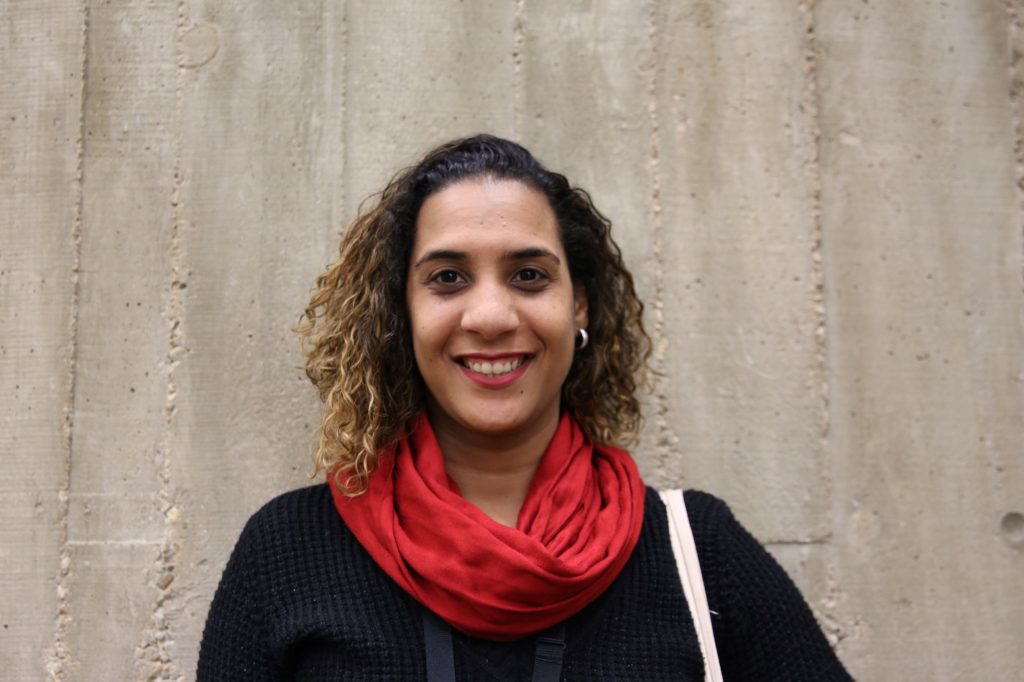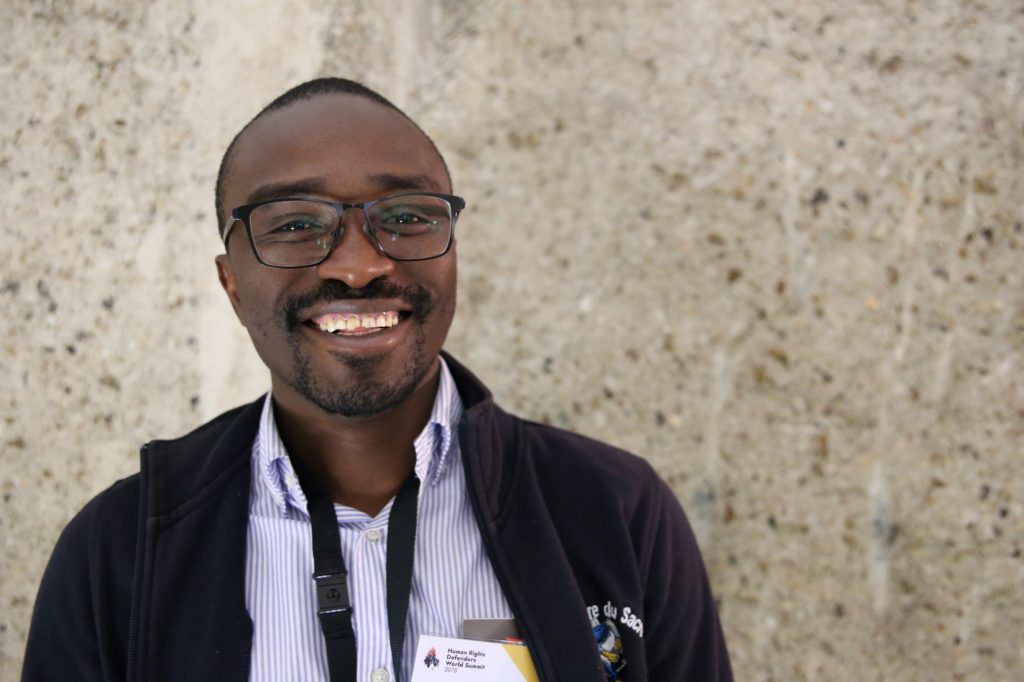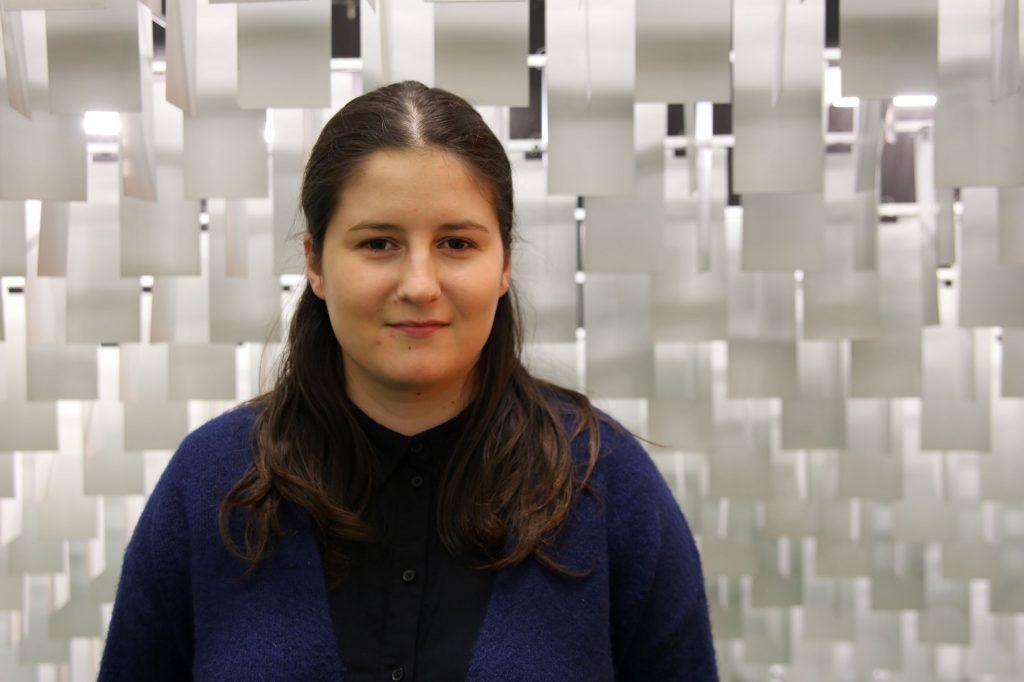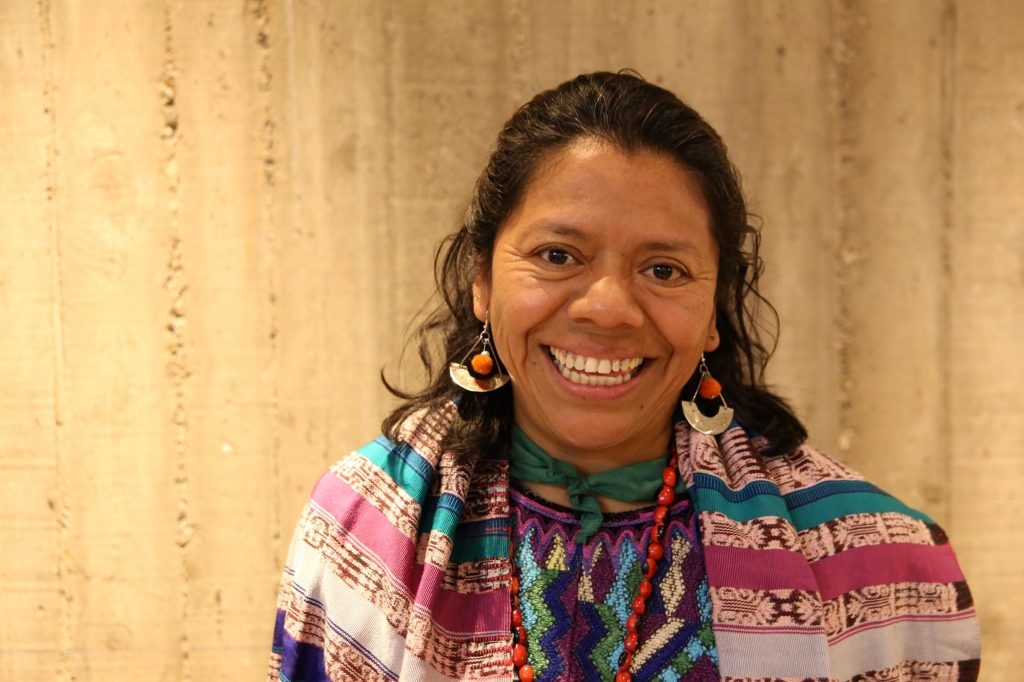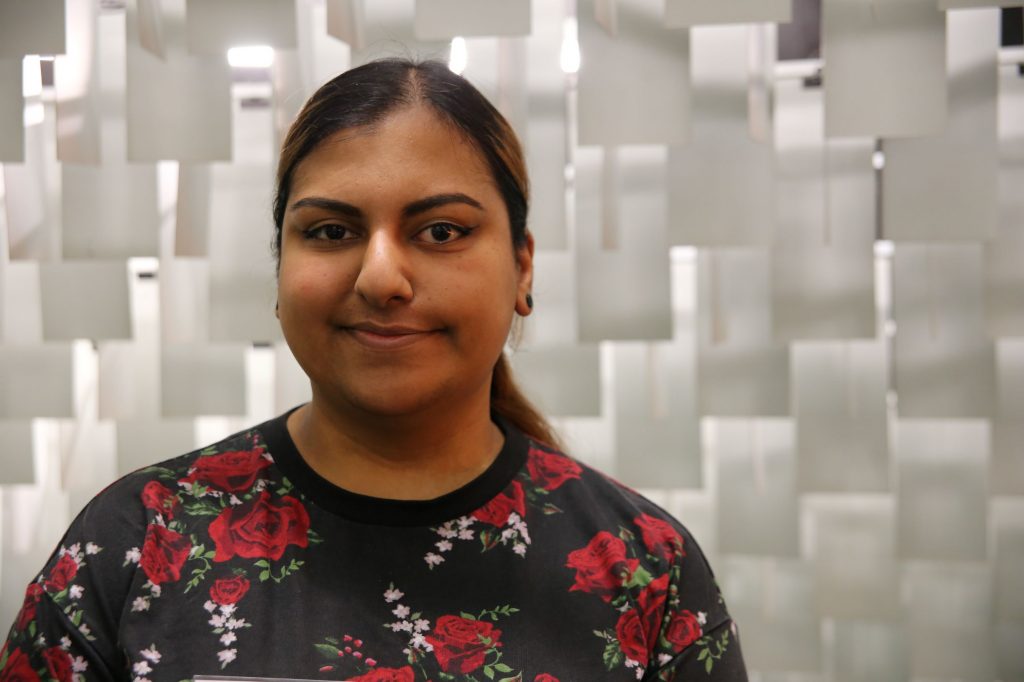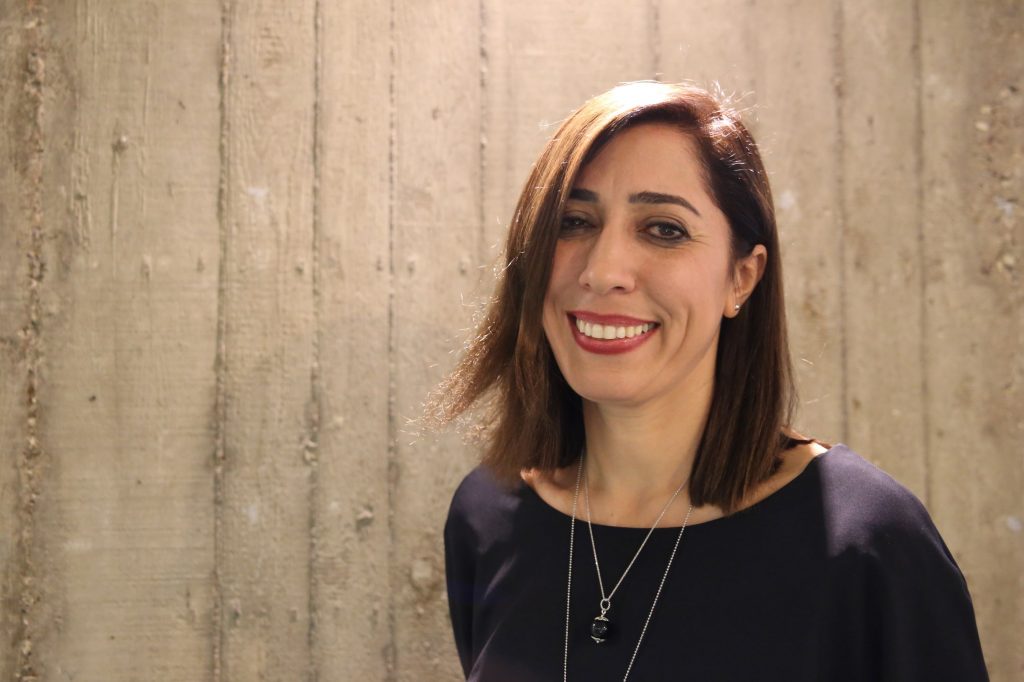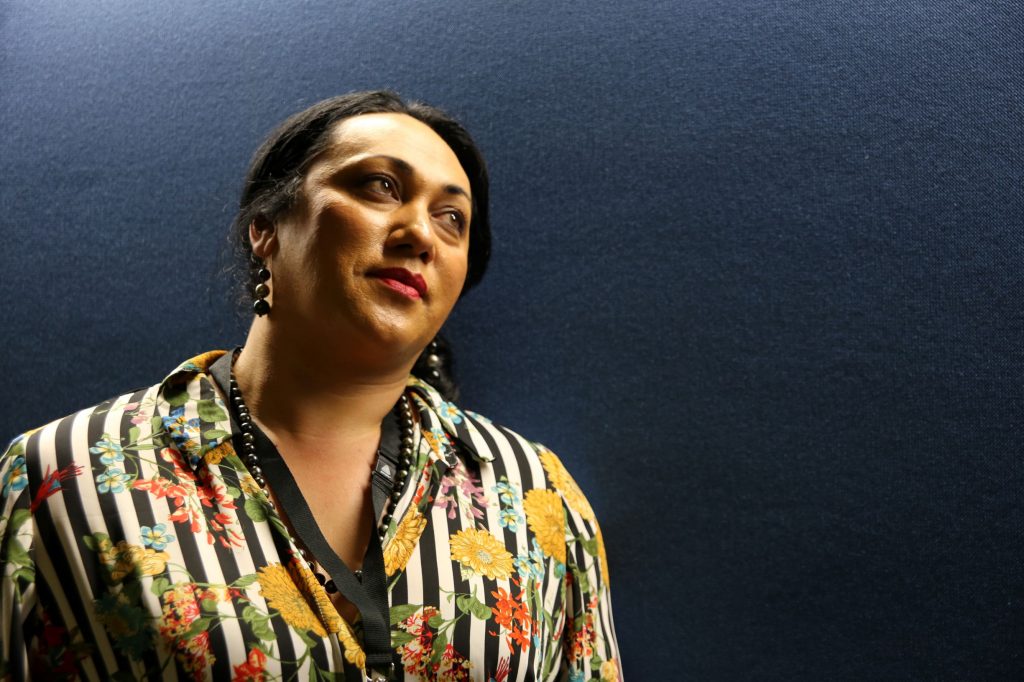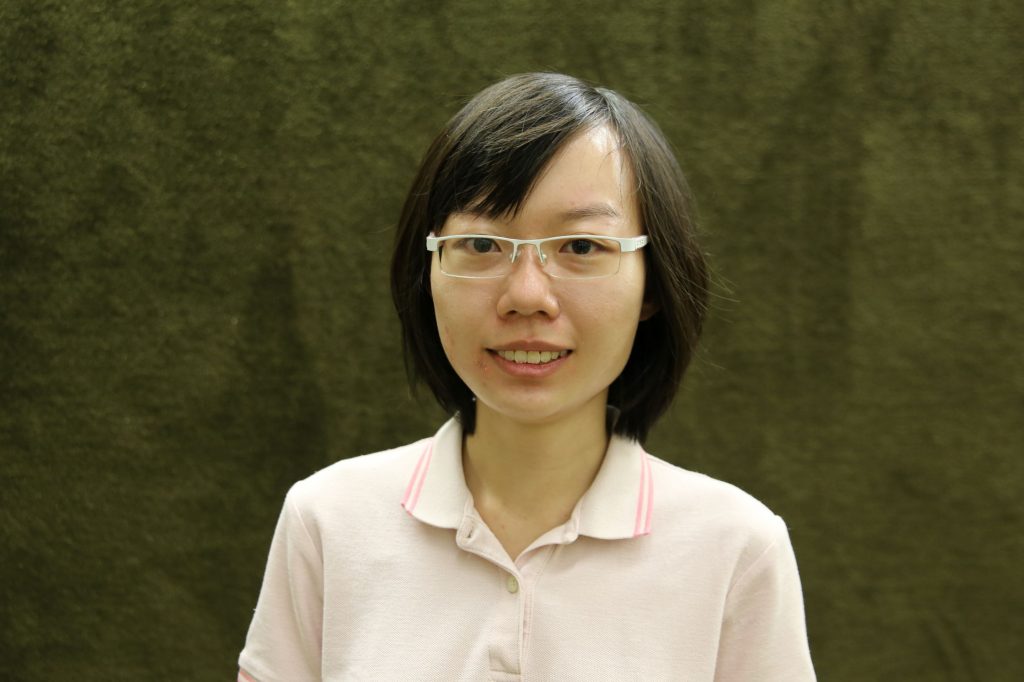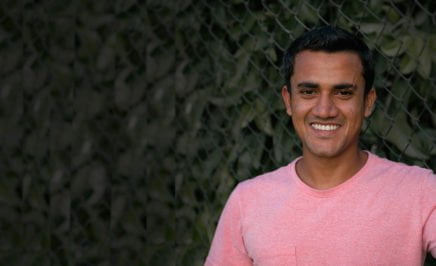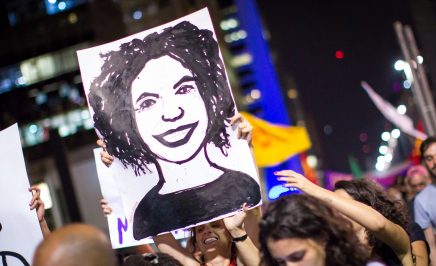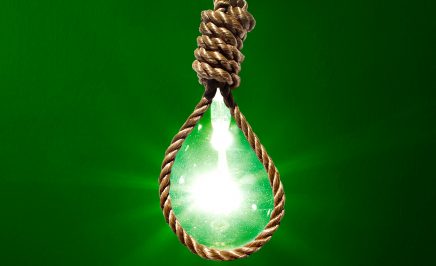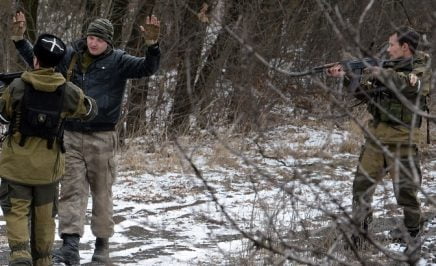It’s a big question, but someone’s got to ask it. At this year’s Human Rights Defenders World Summit, we asked 11 prominent activists about the essence of human rights. Here’s what they said…
Anielle Franco, Brazil
Anielle is a teacher, journalist and activist. She is also the sister of Marielle Franco, a human rights defender who was shot dead earlier this year. Anielle is determined to seek justice for her sister and speak out about racism and the challenges black women face in Brazil.
“Human rights are the opportunity to defend what we truly believe in. For me, love and education are at the root of human rights. They can save us from many things.”
Marielle and I were born human rights defenders. We didn’t have a choice. We grew up in the slums. It was dangerous. Men would often kill their wives. We couldn’t just sit there and witness such injustice. We knew we had to do something.
My sister Marielle taught me so much – I’ve been learning from her since I was a teenager. When I moved to the USA, aged 16, she said: “No matter where you go, you will always have to fight for something.” She instilled a sense of justice in me and from there, I joined the National Coalition of 100 Black Women and trained as a journalist. Back in Brazil, Marielle was always fighting for something. No matter where I was, I always supported her. It was incredible to see the powerful woman she became. She fought for justice until the day she was killed.
Being a black woman in Brazil is incredibly difficult. We’re the most marginalized. I’m aware of the struggles ahead and I am scared. I don’t know what will happen next. I know they are going to try and shut us down and silence us, but we have to come together. We won’t give up the fight.
Eva Lewis, USA
Eva Lewis, 19, is a human rights activist and artist from the southside of Chicago, Illinois. She is founder and CEO of The I Project. Oh, and did we mention, she’s very cool.
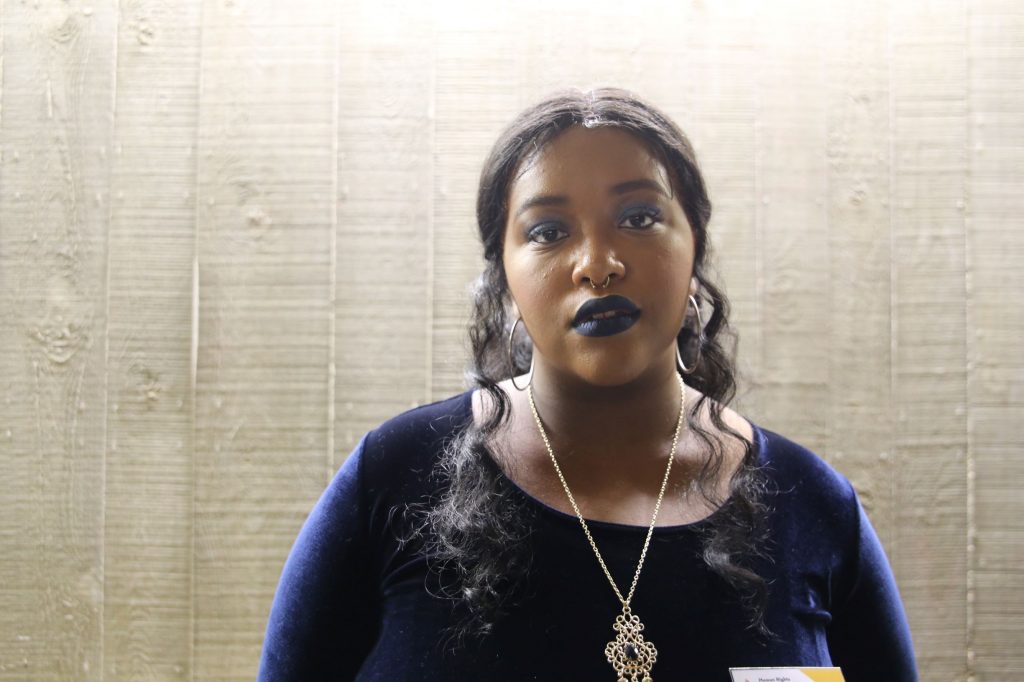
“Human rights are the tools necessary to build sustainability. If you don’t have tools, you can’t build anything.”
To me, the southside of Chicago is like a fishbowl. There are lots of fish and one flavour of food. People can’t build their own tanks, so we’re in one fishbowl, sharing one piece. However, if we each had our own tanks, we would be OK. Human rights are the tools we need to build our own tanks.
As a black woman, I live in a country that wasn’t meant to benefit me. It was evident growing up on the southside of Chicago. Members of my family were involved in gang activity; others fell victim to the oppression of black and brown people.
To be liberated, I knew I would have to seek resources, such as a good education. My mother made sure I had access to those resources, but it wasn’t without struggle. Every morning I would wake up at 5am to travel to school. I was surviving on four to five hours sleep a night, but I had no choice. There weren’t any good schools in my area.
Attending school on the northside of Chicago shaped me as a human rights activist. I quickly realised education in the US was about equity, not equality. I had a duty to speak out. It was an acquired privilege to be in this space, and I had to talk about the struggles my people go through. By speaking out I’ve acquired the skills needed to be an activist.
Today I attend an Ivy League Institution. I am developing a team of young femmes of colour from disenfranchised communities who are fighting oppression. I’ve also set up a non-profit called the The I project. It’s an activism through arts initiative and I am really proud of it.
Fred Bauma, DRC
Fred Bauma is a leader of the social justice, human rights and pro-democracy youth group LUCHA, which advocates for change in the Democratic Republic of the Congo. He was arrested in March 2015 and spent 18 months in prison and could have faced the death penalty. Following international pressure from organisations like Amnesty International, Fred was released in 2016.
“Human rights, for me, are simple. It’s the things that make you feel human and make you consider someone else to be as human as you.”
It’s not in the laws or in the UN, it’s in love, compassion and empathy.
Growing up, I saw a lot of violence in my country. People were suffering and there was a feeling of powerlessness. A lot of people were displaced, including myself. I didn’t want to see anybody else in the same situation, and I knew something had to change. That’s why I became a human rights activist.
The first challenge I had to overcome was state violence and repression. I experience it every day and so does my family. After I was arrested, I was labelled a risk. Apart from my family and friends, people didn’t want to acknowledge that they knew me – they looked at me in a different way. My family and friends were so courageous to stand up for me, even though it affected the way they were seen too.
It makes me proud to see that my fellow people citizens are starting to speak more freely, without fear. The pressure continues but at least they are aware of the power we hold. For me, bringing power back to the people will be the most important achievement.
Vitalina Koval, Ukraine
Vitalina Koval is an incredible activist in Ukraine’s LGBTI community. She co-founded a community centre that provides a safe space for LGBTI people, and fearlessly speaks out against hate.
“For me, human rights are basic values. They are the foundation for an open and inclusive society.”
I came out as a lesbian at 25. After that, I realized I had nothing more to keep to myself. I wanted to fight for the rights of LGBTQI people and women. I knew I was a human rights defender after attending the Revolution Dignity [Ukrainian Revolution] in Ukraine. I spent two and a half weeks campaigning on Maidan Nezalezhnosti [the central square in Kiev]. It shaped me as a human rights activist.
There are two key issues in Ukraine today and two reasons we must keep campaigning. Firstly, the activity of radical right-wing groups has surged over the last few years. We, as human rights defenders, must counteract them and protect each other. Secondly, the police fail to prosecute people who commit crimes against activists. When these people feel impunity, they commit even more violence. We’ve got to work with law-enforcement to develop hate crime legislation.
My personal accomplishment is coming out as a lesbian – I didn’t want to hide any longer. I have the same rights as anyone. I deserve to be happy and to live freely.
Dr Mudawi Ibrahim Adam, Sudan
Human rights defender and engineer Mudawi Ibrahim Adam has been exposing human rights violations in Darfur for years. He has been repeatedly jailed on charges related to his human rights work.
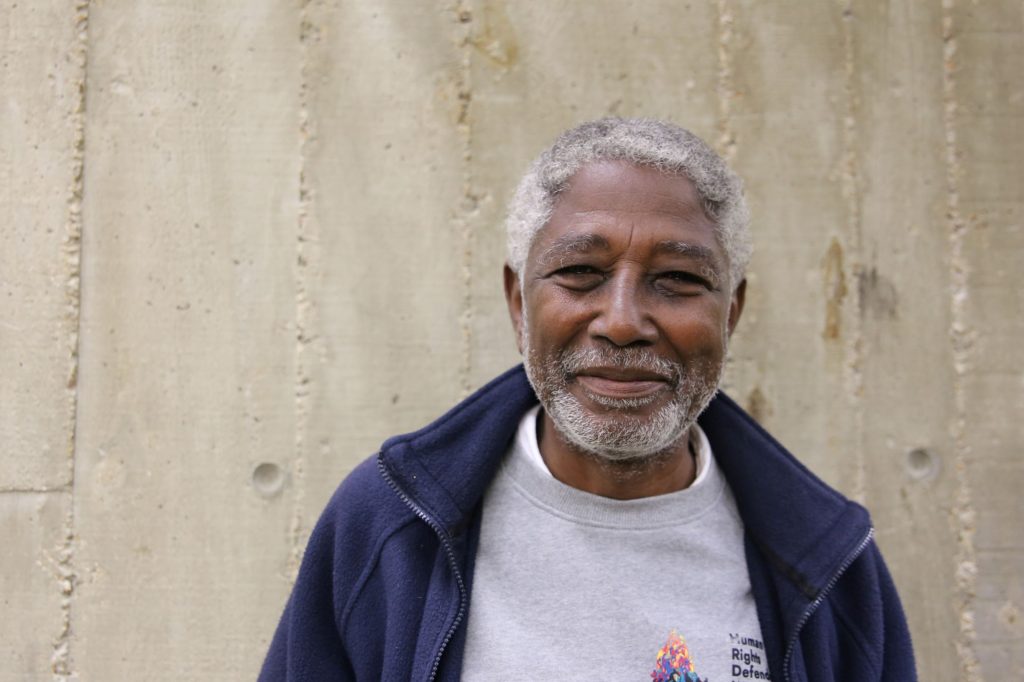
“To me, human rights are equality, justice, freedom of association, freedom from suppression. It’s a right to life. A right to food. A right to housing.”
I grew up hating injustice. I wanted to support people in need. I found myself fighting injustice. I found myself a human rights activist. Sudan is a diverse country, with people from many religions and cultures. I was combatting poverty and human rights violations and fighting for equality wasn’t an easy fight. I spent parts of my life in prison, denied my freedom. I remain proud of what I’ve achieved – especially when I see the impact I’ve had on young people and their determination to work for justice.
Lolita Chavez, Guatemala
Aura Lolita Chávez Ixcaquic, known as Lolita, is a women’s rights activist and Guatemalan indigenous leader, who is leading the struggle to protect her land.
“Human rights are justice, freedom, and a way of living together in the same world. It is a fight not just for people, but for nature, mountains and rivers.”
My mother was a human rights defender, so I became one too. My village was under threat, and I knew I had to fight. Businesses are still trying to take our land – they want it for money. I dared to speak out, but now I am unable to go back to my village. I’ve received death threats, I’ve been accused of things I haven’t done. I cannot go back.
Maria Munir, UK
Public speaker, human rights defender and all-round brilliant person Maria Munir is speaking out on issues such as transgender rights and non-binary discrimination.
“Human rights are those freedoms that everyone should be afforded equally to have a fair chance in life. It’s the basic things that underpin what a person needs to live, such as sanitation and housing.”
When we speak in these terms, human rights become something everyone can relate to and understand. It helps break the barrier that human rights are something happening elsewhere. In fact, human rights are something every human is entitled to.
I have always had a strong sense of the importance of equality. Everyone has the right to access information. Social class, education and money should not stop people from understanding how the world works and how they can ensure their place in the world is protected.
One of the biggest challenges of being a human rights defender is myself. I have a lot of self-doubt. Even though I’ve done a lot of work, I still doubt myself and question whether I am good enough. Now, rather than question whether someone else could be doing it better, I ask: Why aren’t more people human rights defenders? Why don’t we allow more people to speak on the issues of human rights?
The first time I came out as non-binary was in front of President Obama, during a Q&A in London. In the UK we don’t recognise non-binary people under the Equality Act, so we literally have no rights. I had intended to ask Obama about his regrets with regards to intervening in Libya, but then it occurred to me that this is a brilliant time to put the spotlight on an issue which has often been ignored or superseded by others.
Yet, I wouldn’t say my ‘Obama moment’ is my biggest achievement. For me, it’s the amount of people who have said my work has made a difference. I’ve received so many Twitter messages and emails and I’ve opened up a conversation that people have been unable to have until now. That’s the most valuable thing to me!
Matthew Caruana Galizia, Malta
Pulitzer Prize-winning journalist Matthew Caruana Galizia is calling for justice for his mother, Daphne Caruana Galizia, who was assassinated a year ago in Malta.
“Human rights are like air. Until they’re taken away, you don’t know what you have. You only realise how necessary they are once the air is taken away and you can no longer breathe.”
I didn’t decide to become an activist. It’s wasn’t my choice. My mother and I were both journalists, but we reached the point where we were under such heavy attack we were spending most of our time defending our work to justify our existence.
My mother was murdered, just for doing the work of a journalist. In the lead up to her murder she was under constant attack. She faced over 50 civil or criminal libel cases and her bank accounts were frozen by our government minister.
Corruption and impunity are ongoing issues in Malta. That’s the root of everything. We report on corrupt politicians, but nothing happens. They enjoy impunity, then they attack us. Eventually it leads to the murder of a journalist.
The work of a human rights defender is not something I do out of choice. It’s something I must do.
Nurcan Baysal, Turkey
Nurcan Baysal is a Kurdish human rights defender and journalist from Diyarbakir, in the Kurdish region of Turkey. Nurcan has faced death threats, received abusive messages and she’s been detained by the authorities. In spite of everything, Nurcan is determined to keep fighting.
“Human rights are something so basic, but so important. Without rights we are nothing. If you can’t speak, if you can’t see, or say what you’re thinking; if you can’t go and protest, use your own language or come together with your own friends to speak out, what’s the point? Life is meaningful with our rights!”
I have been protecting the rights of both women and children for over 20 years. I am a journalist first and foremost, but I’m a human rights defender too.
There’s been war in our region for over 40 years. I am part of the second or third generation of Kurdish people who grew up with war. I don’t want my children to have the same life. That’s why I am calling for peace and working to ensure the rights of the community are protected. It hasn’t been an easy task. I’ve faced a lot of challenges, mainly from the Turkish state. My existence is a problem for those in power.
When the curfews were imposed, the Turkish media totally closed their eyes to what was going on in our region. I was one of the few people who informed the Turkish public what was really happening. I really tried to make a difference – and looking back, I feel like we saved some people.
Phylesha Brown-Acton, Niue Island and New Zealand
Phylesha Brown-Acton has worked in the HIV sector and on behalf of LGBTI communities for over 20 years. She is also the Co-Chairperson of the Asia Pacific Transgender Network (APTN) and Director of F’INE Pasifika Aotearoa, New Zealand.
“What are human rights? It’s a basic but loaded question. Human rights mean so much to so many different people. To me human rights are for all people, to make sure they’re protected, safe and enjoy the same opportunities.”
I was born a human rights defender. As a child, a young person, an adult, a trans woman and as an indigenous activist, I’ve always had something to say. I believe in standing up for causes that I believe in. I come from a long line of strong women who have been the backbone of the foundation of culture and community. They have been the force that’s long held me up and encouraged me to speak out.
I’ve faced many challenges during my life. I am a trans woman – do I need to say much more? If you understand my reality as a trans woman, the biggest challenge is having to deal with people redefining me. Many people cannot accept or understand that the notion of gender is not as binary as they think it is.
Other than being alive, I have many accomplishments. One of them is being able to participate in the second ever Human Rights Defenders World Summit. I am the only one representing the South Pacific region. I am just one voice from the region, but I hope it opens the doors for others.
Han Hui Hui, Singapore
Han Hui Hui is a blogger and human rights defender. She uses her blog and social media to highlight shortcomings in social services, as well as raise public awareness of human rights violations in Singapore. She has been physically assaulted and harassed, and has been jailed and held in solitary confinement just for speaking out.
“As a Singaporean, I believe human rights are concrete things. The ability to have adequate housing for families to stay in. Adequate healthcare so people are not afraid to fall ill and die. And proper pensions so everyone can enjoy their golden age once they’re retired.”
I don’t consider myself a human right defender. I am just an ordinary Singapore citizen, who wants to blog about my life and the education system in my country. But blogging about the education system in Singapore has got me into trouble.
In 2013, the Singapore Government sent me a letter accusing me of defamation. I was very scared. I didn’t have the resources to fight back against the government. I started looking beyond borders, and that’s when I realised there was something called freedom of speech and that I had the right to question the government.
I continued blogging, but I faced a lot of abuse. People questioned whether I was a girl. They think girls should just focus on clothes and make-up – they think we don’t have the brains to blog, too.
I still face harassment. I have been banned from organizing an event in Singapore. I’ve spent time in solitary confinement and I’ve also faced deportation. In the end, I am just a curious person who wants to raise awareness.
